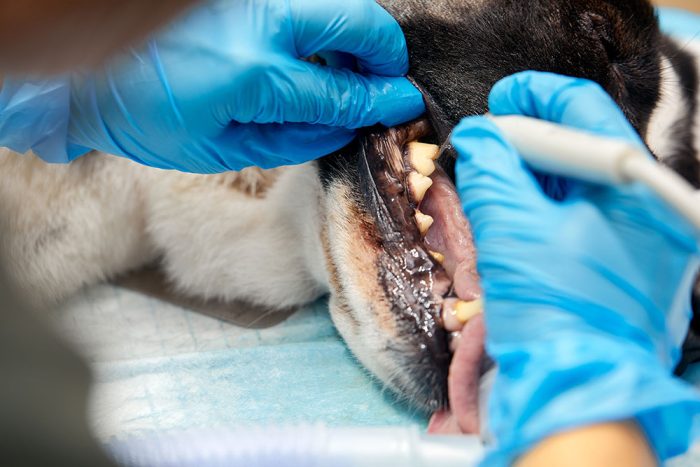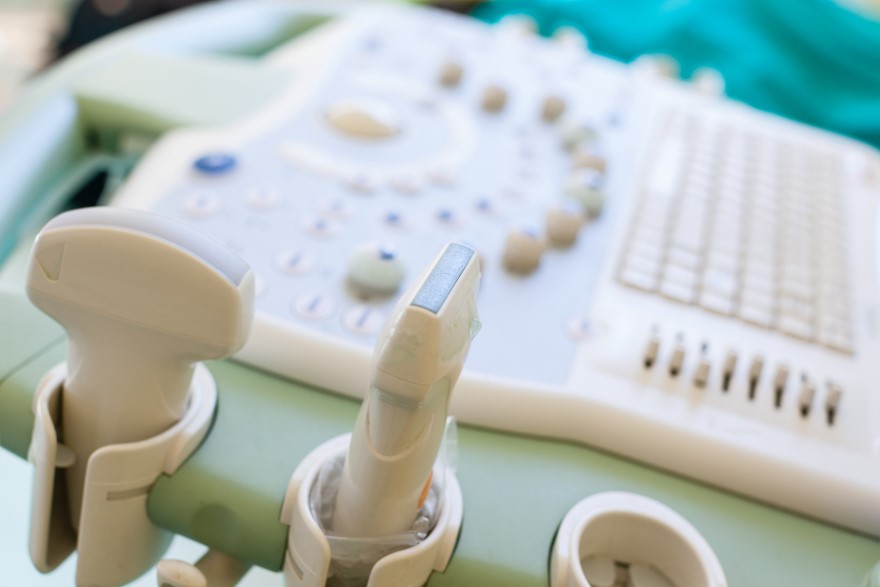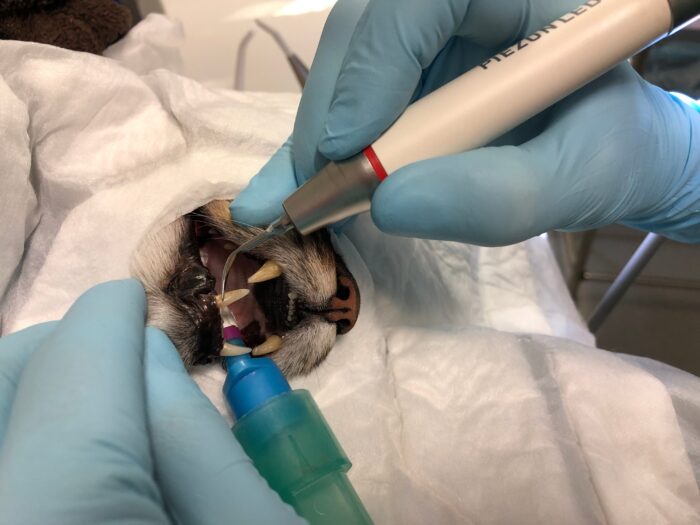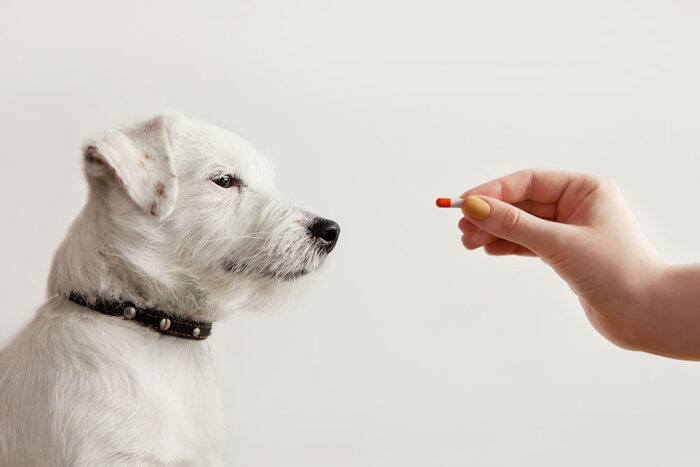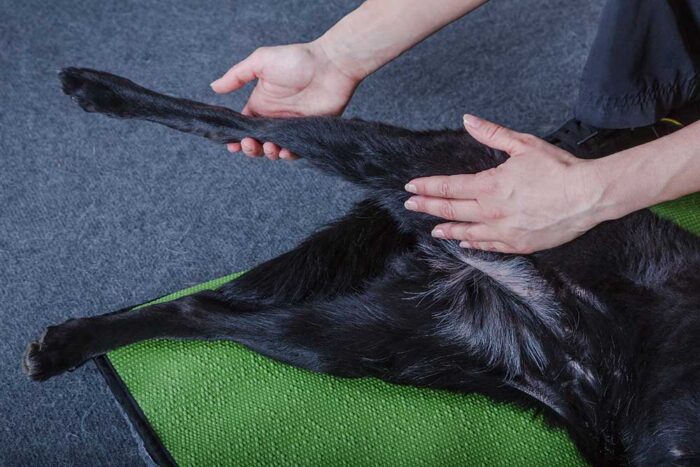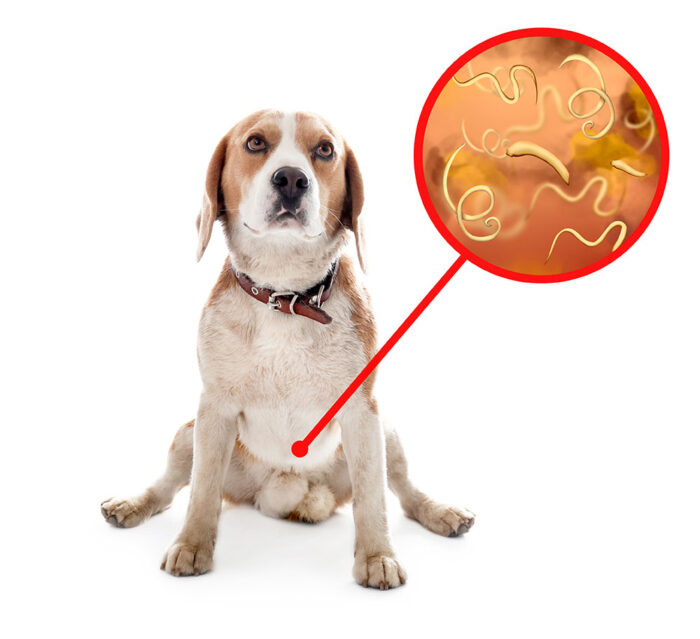Canine Behaviour: Confrontation and Separation

Dr Sarah Heath
Understanding the emotional motivations behind unwanted behaviours in dogs is the key to being able to treat the problem in an effective manner. In the past, some of the difficult behavioural problems encountered in general practice, like dog bites and separation-related distress, have been...
Dentistry for Nurses

Rachel Perry
This is a four-part learning series with Rachel Perry on dentistry for veterinary nurses.
This learning series looks at the nurse's role in small animal dentistry and how to bring this important subject to the forefront in practice. It covers periodontal disease, oral and dental examination, as...
Schedule 3 Surgical Procedures for Vet Nurses

Paul Aldridge
Friday 26th September 2025
+ 5 Dates
The Clinical Skills Lab, London
This highly practical cadaver-based course will give an introduction to the typical surgical procedures covered by Schedule 3 of the Veterinary Surgeons Act, allowing you to gain confidence in your surgical skills in a relaxed setting.
Multiple dates are available for this course. Please select...
Practical ECC for Veterinary Nurses

Eleanor Haskey
Friday 19th September 2025
The Clinical Skills Lab, London
This one-day course with Eleanor Haskey covers the management of emergency and critical care patients, and is suitable for nurses interested in Schedule 3 medical procedures and small animal ECC nursing.
Multiple dates are available for this course. Please select the dropdown (or basket on...
Practical Emergency Ultrasound for Veterinary Nurses

Tom Towey
Friday 20th February 2026
+ 1 Dates
The Imaging and Theory Lab, London
A highly practical course for nurses with Tom Towey, covering essential imaging techniques in the triage of emergency patients.
Multiple dates are available for this course. Please select the dropdown (or basket on mobile) to view dates, times and course location.
Practical Dentistry for Nurses

Stacey Parker
Wednesday 1st October 2025
The Clinical Skills Lab, London
This interactive one-day course with Stacey Parker will look at the predominate role of the RVN within dentistry.
Multiple dates are available for this course. Please select the dropdown (or basket on mobile) to view dates, times and course location.
To Dispense or not to Dispense: A Comprehensive Guide to Dispensing for Vet Nurses and Practice Support Staff

Nicola Lakeman
Many pet owners are often unaware of the drug licensing legislation within veterinary medicine and have all too many times ‘popped in’ to grab that POM-VPS that their pet has run out of two days ago. But where does that leave the frontline team? Are receptionists and nurses able to pass over...
Physiotherapy and Rehabilitation of the Post-Surgical Patient

Amanda Morgan
Following surgery, appropriate physiotherapeutic intervention and appropriate rehabilitation techniques can greatly enhance outcomes in recovery and return to function. This learning series with Amanda Morgan looks at the immediate post surgical care and early rehabilitation of canine and feline...
Nursing Emergency Cases: From Blocked Bladders to GDVs

Elizabeth Bradley-Covey
Emergency cases can be stressful, especially in a busy first opinion practice where it is difficult to deal with cases that often require intensive nursing and treatment. This course of eight videos with Elizabeth Bradley-Covey will present an overview of the common emergencies encountered in...
A Risk Based Approach to Parasite Control for Veterinary Nurses

Ian Wright
Strategies to limit parasitic disease rely on a combination of practical control measures and preventative treatments. A risk based approach to the use of preventative products is vital to safeguard animal and human health, while ensuring over treatment does not take place and it allows bespoke...


